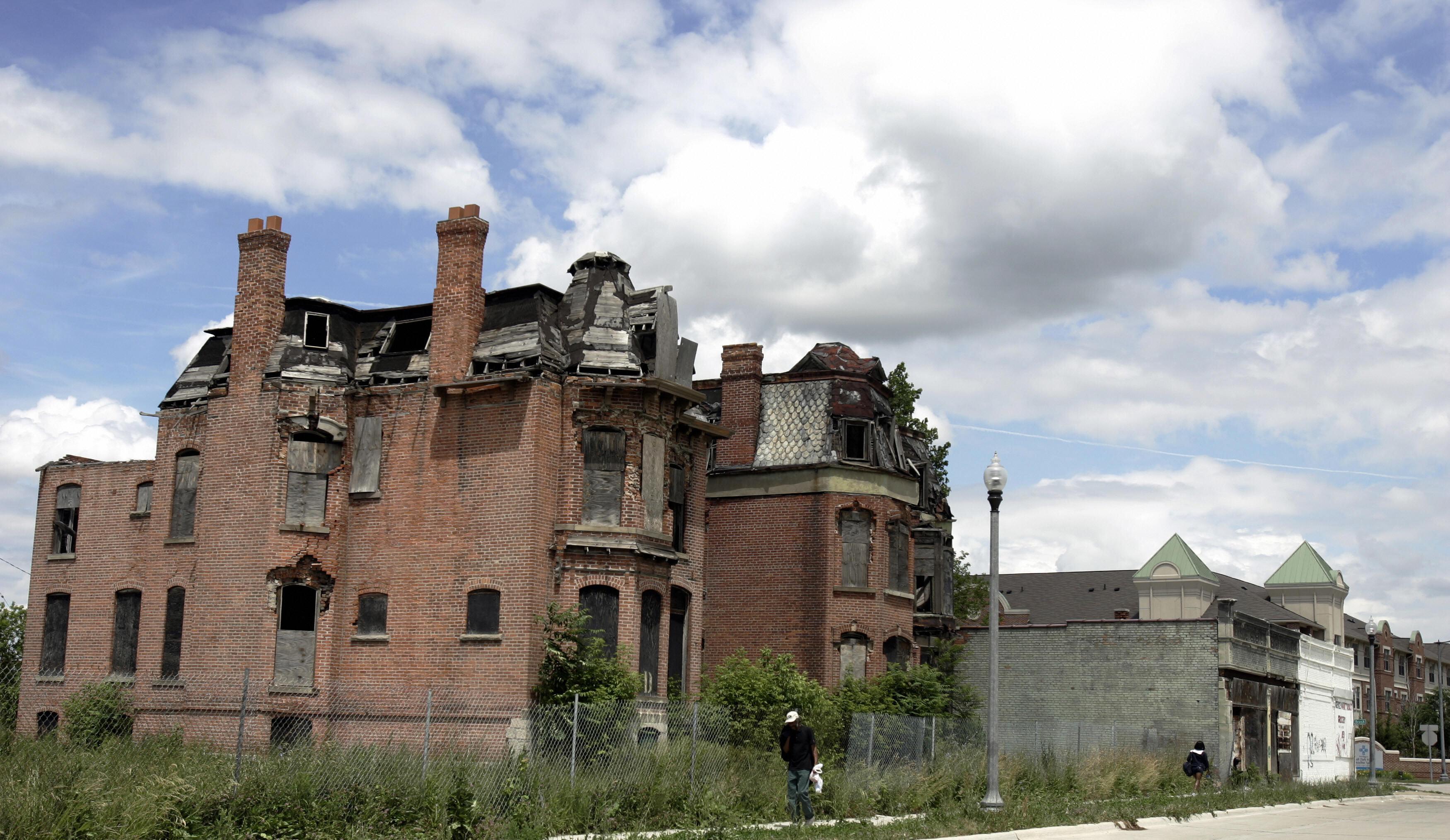“This is coming to you,” declares Tommy Stevens, owner of a blues bar in Detroit. By that he means the decay, deflation, and defeat of the middle class that has comprised the last decade of Detroit’s history. That painful story and its meaning for the rest of America is the subject of Detropia, an important, heartbreaking, and yet still occasionally hilarious documentary directed by Heidi Ewing and Rachel Grady, which premiered this past week at Sundance.
There’s something special about Detroit. It has always been a city of the future. From the 1930s through the 1950s the city was among the fastest growing in the world, the land of opportunity for regular workers, particularly black men leaving menial jobs in the south. The jobs in the automotive industry offered a decent living for regular workers in what was then America’s high-tech sector. “Detroit,” Ewing says, “is where the middle class was invented.”
But, as the film shows, things went terribly wrong. In a striking sequence the filmmakers play old footage featuring “the highway of the future”: A tuxedo-clad man and his companion drive a gleaming car down a sleek, elevated highway. The film cuts to the real future, where broken-down American cars drive down a street populated by feral dogs, littered with garbage, and surrounded by decaying buildings. Detropia presents a preview of what America could look like if the divide worsens between “have” and “have-not” cities, where men of working age, as in the video above, spend their time combing industrial ruins for scrap metal. At times, watching the film is like watching the ultimate American nightmare. It can be hard to believe it’s a documentary.
Is the depiction too bleak? Over the last decade, Detroit has gained plenty of attention for its experimental arts scene and more upbeat journalists have at times, given the impression that a few really great hipster startups and art installations might change everything. (The New York Times recently labeled Detroit “a midwestern Tribeca.”) The documentary does spend some time—though not much—on the city’s influx of artists; the filmmakers say their own choice of emphasis in the film reflects reality. “We love our magic bullets,” says Ewing, who is originally from the city, “but it’s not going to be a magic bullet that saves Detroit.”
Previously:
